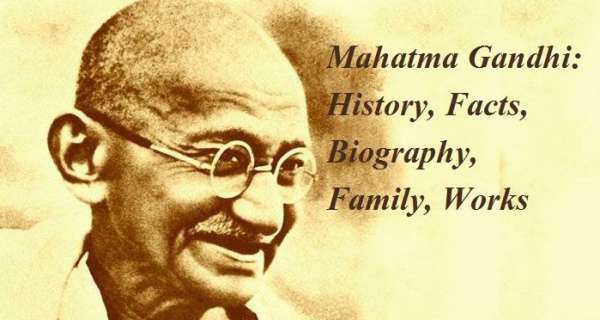"Uncle Sam", in fact, stands for the United States. What is hard to believe is that this nickname arose quite by accident, and there actually was a man called "Uncle Sam"—and that most people never heard of him!
There was a man called "Uncle Sam" Wilson. He was born in Arlington, Mass., Sept. 13, 1766. His father and older brothers fought in the American Revolution. Sam himself enlisted at the age of 14 and served until the end of the war. He moved to Troy, N. Y., and began a meat-packing business.
On Oct. 2, 1812, a group of visitors came to his plant. One of them, Governor Daniel D. Tompkins of New York, asked what the initials "EA-US" on the barrels of meat stood for. A workman replied the "EA" stood for the contractor for whom Wilson worked, Elbert Anderson. And he added jokingly that the "US" (actually an abbreviation for the United States) stood for "Uncle Sam" Wilson.
A story of this incident appeared in the May 12, 1830 issue of the New York Gazette and General Advertiser. Since Wilson was a popular man and was an example of a hard-working and patriotic American, the idea of "Uncle Sam" as a name for this kind of man caught on quickly.
By the end of the War of 1812, "Uncle Sam" had come to symbolize the character of the nation and the government. In 1961 Congress adopted a resolution saluting "Uncle Sam" Wilson of Troy, N. Y., as the "progenitor of America's national symbol."
Americans today are very proud of the image that "Uncle Sam" has—but it is surprising how few people connect the name with the man who originated it.














